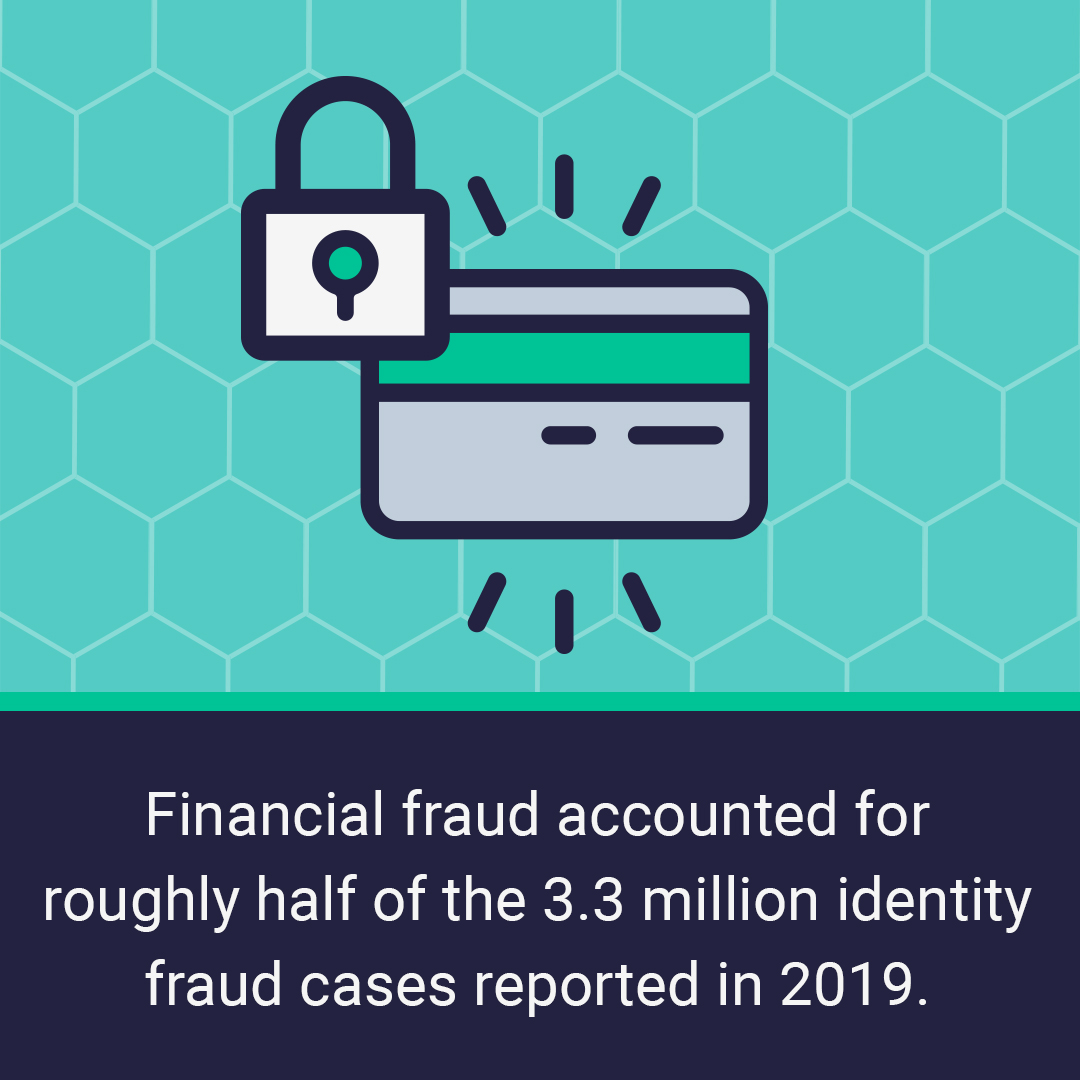What Now? What to Do If You Suspect Financial Fraud

We write a lot about preventing identity theft and protecting privacy. But we’re also upfront with you: between huge corporate data breaches and a constant barrage of phishing campaigns, malware, and other criminal activities on the Internet, chances are that your personal information has already been exposed, and, sooner or later, you will fall victim to identity theft. That’s when you need to move quickly to prevent damage to your finances, reputation, health, or all of the above. The right moves can stop a thief in their tracks, and sometimes the wrong ones can make it harder to restore your identity. To help you prepare, we’re launching a new series of blogs called “What Now?”
Financial fraud is the most common form of identity theft, accounting for about half of the 3.3 million identity fraud cases reported last year, and leaving consumers with $1.7 billion in financial losses. To help you avoid losses, we’ll start our series talking about what to do if you spot a suspicious transaction on one of your financial accounts: credit cards, bank accounts, money market accounts, etc. If there is financial identity fraud going on, time is of the essence. Thieves usually move quickly to take advantage of stolen financial information before they’re discovered, and if they’ve gotten to one of your financial accounts, they may have access to more. If you even suspect a problem, you need to take action to stop them, and sort out the details later.
You should also be aware that not all your financial accounts have the same protection as your credit cards. Credit card transactions are covered by the Fair Credit Billing. If you challenge fraudulent credit card charges, the most you can be held responsible for is $50. The Electronic Fund Transfer Act protects electronic funds transfers (EFTs) on bank accounts, including debit card transactions. The amount you can lose to fraudulent bank transactions depends on how quickly you report any problems. After 60 days, you could be liable for all fraudulent charges. In any case, the faster you report problems, the better chance your bank can get the money back.
If you see suspicious activity on any account, here are the steps you should take to protect yourself from financial losses:
- Report the problem: Contact the financial institution, report the problem, and ask them to freeze the account. If there’s a charge to your credit card that you’re not sure about, call the customer service number on the card for help. Sometimes legitimate charges show up under a different name than the store where you made the purchase. The credit card company can often help you figure out whether a charge is correct.
- Check the policy: If suspicious activity is on anything other than a credit card account, check their policies right away and find out any time limits for reporting losses. Knowledge is protection!
- Strengthen your defenses: Immediately change the passwords on the affected account and any financial or other accounts that use the same password. Hint: using a password manager is a good idea. If possible, set up the accounts to verify any transactions using 2-factor authentication (a verification code sent to your phone or email) or biometric authentication (face ID or fingerprint recognition on a mobile device).
- Be on high alert: If you haven’t before, now is the time to set up alerts on your financial accounts. Have a text message or email sent to you every time there’s a transaction. And review the monthly statements on all your accounts as soon as they arrive and extra carefully. This is one of the best ways to help prevent financial fraud.
- Consider a credit freeze: If there is evidence of more widespread problems, consider setting a credit freeze with one or all credit bureaus.
Because of the laws protecting your credit cards and bank transactions, taking these actions right away will often be enough to set things right. However, if you have MyIDCare protection and you run into problems, contact us right away. If someone has taken out a loan or created a new financial, retail, or other account using your identity, it can be harder to convince the businesses involved that it wasn’t you. Your dedicated Care Team advocate will work with the businesses and credit bureaus to make sure your identity and reputation are 100% restored to their pre-theft state.
As we mentioned, financial fraud is the most common form of identity theft, so you may want to bookmark this blog for easy access, just in case of future problems. You’ll feel better knowing what to do, and we’ll be here if you need us, waiting to help.
About IDX
We're your proven partner in digital privacy protection with our evolving suite of privacy and identity products.